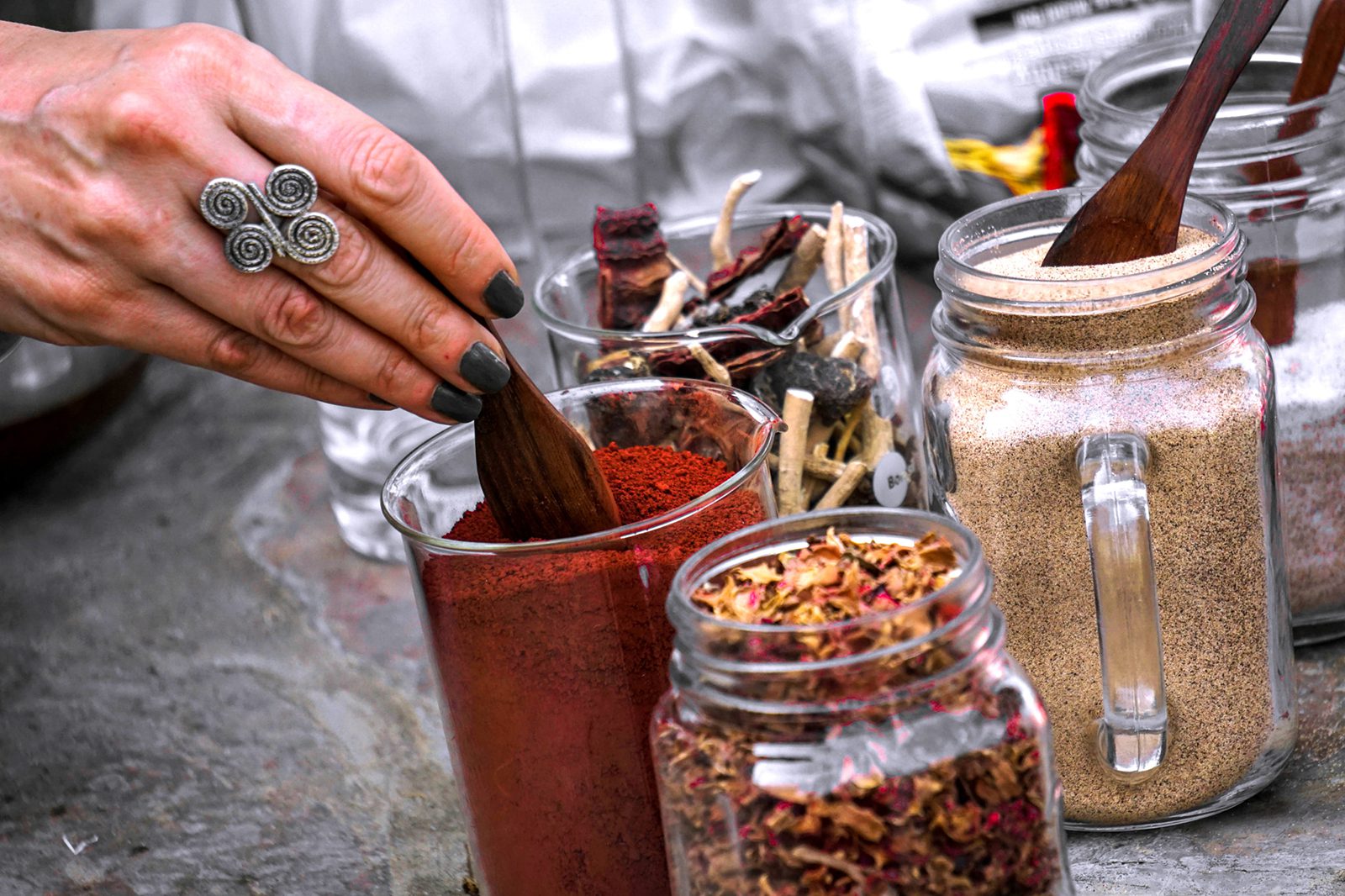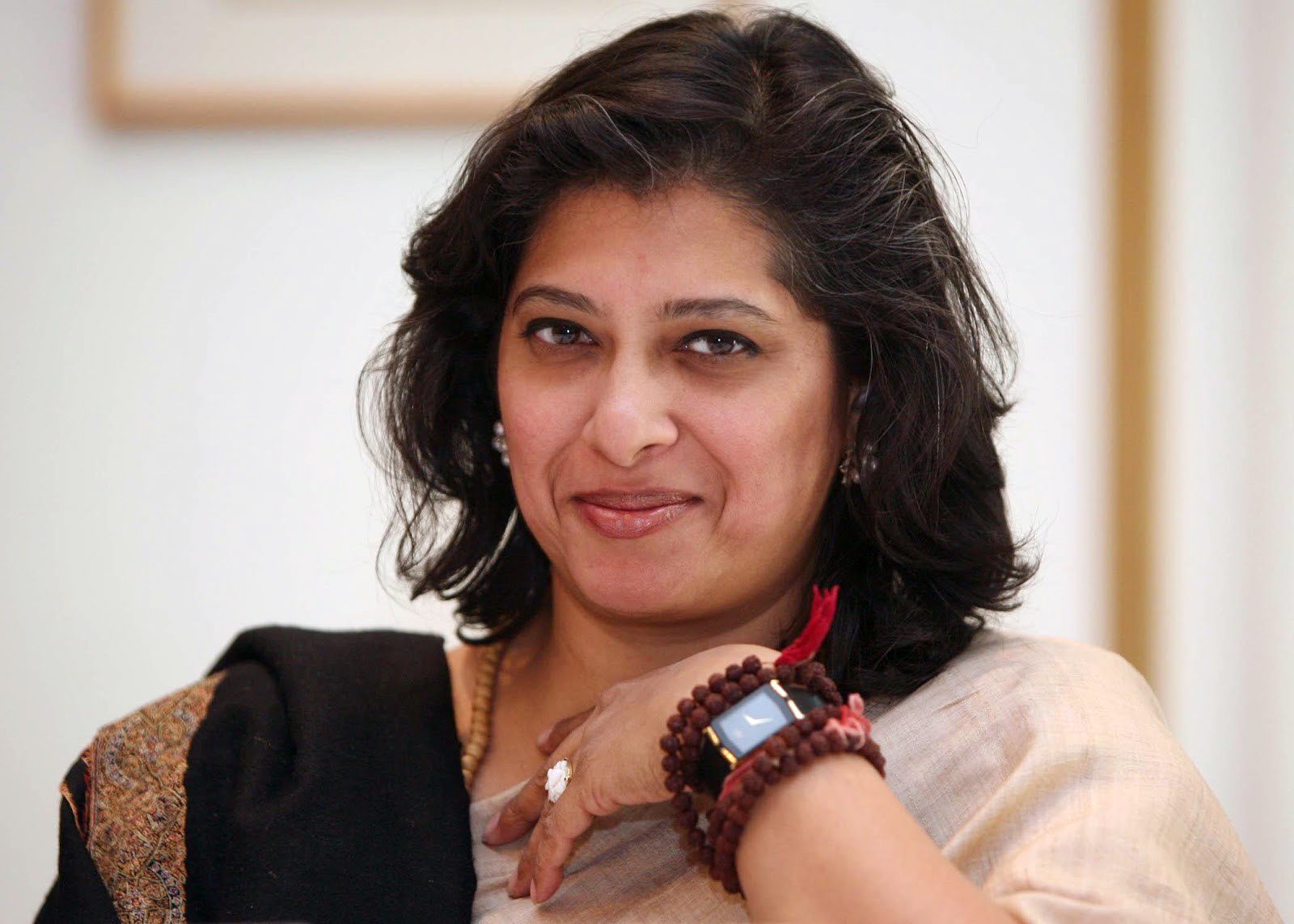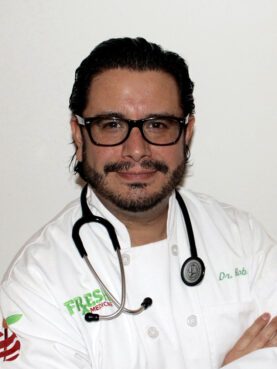Ayurvedic spiritual science is pervasive among foodies and healers

(RNS) — An ancient philosophy of the Indian subcontinent, Ayurveda has spread to the West for two centuries, conveying the idea of a healthy lifestyle through holistic skin care, diet and exercise. The COVID-19 pandemic seems to have pushed Ayurveda further into the mainstream. Since Ayurveda began more than 3,000 years ago, homebound yogis, chefs, and spa owners (believers, if not Hindus) have infiltrated new technologies and businesses based on the practices they developed. It’s from
New York City has become the epicenter of the Ayurvedic trend, and the creative forces behind new Ayurvedic restaurants, spas, health clinics and yoga studios are collaborating to find ways to truly apply that philosophy to their profession, where the trend is Avoiding becoming a fad. A simple marketing gimmick.
Ayurveda can be traced back to the Hindu scriptures known as the Four Vedas, literally translated as “knowledge of life” (or, more accurately, “systematic knowledge of life”). As a health regimen, it offers herbal remedies for internal ailments, based on the idea that the mind, body, and soul are related to the elements and that health problems arise when these elements are out of balance. Emphasizes material composition, prakriti and its energies, doshas.
Ayurveda, often called “spiritual science,” aims to help followers on the path to self-realization.
Related: Yoga’s ‘Western Father’ Continues to Define Our Spirituality and Fame 100 Years Later
Although it does not require adherence to Hinduism or any particular religion, Ayurveda is still thriving in Hindu-majority India. The pandemic has increased demand for Ayurvedic products and services that improve immunity and respiratory capacity. In his one of the holiest cities in the country, Vrindavan, Divya Alter met an Ayurvedic practitioner. She helped her heal from her autoimmune disease and chronic digestive illness that she had suffered for years.
She stayed in Vrindavan for 5 years and studied Ayurveda, Bhakti spiritual philosophy and Sanskrit. “My sick body has become the biggest obstacle in my mental life,” Alter said. “I realized that my body was a gift from God and that I had a duty to take care of it so that I could continue on my spiritual path.”
After moving to New York City in 2009, Bulgarian Alter and her husband Prentice founded Bhagavat Life, a non-profit cooking school that teaches Ayurvedic principles using fresh, local and seasonal ingredients. The school established the first Ayurvedic Culinary Accreditation in the United States in 2015. Two years later, Divya Alter published What To Eat For How You Feel, a collection of her recipes that teaches the basics of Ayurvedic eating.
“Part of my job is to preserve and present authentic practice and teach it in a way that is very easy to understand and apply,” Alter said.

Ayurvedic preparations exhibited in Delhi, India in 2016. Photo by Hans Vivek/Wikipedia/Creative Commons
The school has grown from 4 students to over 500 in just 5 years. This growth is due to New Yorkers’ growing appetite for organic and plant-based nutrition. She points to Mayor Eric Adams, a vegan who advocates for healthy eating in public health policy.
In 2016, the Alters opened Divya’s Kitchen on Manhattan’s Lower East Side, calling it “modern cooking based on ancient principles.” The menu features curries and other South Asian-influenced dishes and lasagna featuring bechamel sauces made from cashew or sunflower milk.
Until recently, Divya’s had a company in an Ayurvedic cafe. The restaurant was founded over 20 years ago by Tirlok Malik, an Indian-born filmmaker and actor who learned Ayurveda directly from his Dr. Vasant Lad, the subject of the 2018 documentary The Doctor. Opened. From India” tells the story of a renowned Ayurvedic physician’s mission to bring Ayurveda to Westerners.
Malik takes a simplistic view of Ayurvedic philosophy.
The café closed in July, a victim of the COVID-19 upheaval, but it’s popular with locals, not only for observant Buddhists and Jews, but also those seeking plant-based foods for healing. etc., attracted people with special dietary needs.
Regular customer Sean Kaminoff traveled to India for Ayurvedic treatment for chronic pain. He said that Ayurveda’s emphasis on healing the whole person, not just illness or symptoms, was what inspired him to find Ayurveda when he returned to the United States.
Kaminov said that in addition to pain, Ayurveda can calm intense urban nerves. said.
Related: Why Vegetarian Hindu Spiritual Traditions Are Getting a New Start

Bhaswati Bhattacharya.Photo via Indian Language Academy
Dr. Bhaswati Bhattacharya, a holistic medicine practitioner and clinical assistant professor at Weill Cornell Medical School in New York, said that Ayurveda has reached a tipping point in its acceptance in the American medical community. Bhattacharya was invited to share her knowledge of Ayurvedic medicine with both the Food and Drug Administration and the National Cancer Institute at the National Institutes of Health.
With the increasing use of natural Indian herbs and supplements for ailments, and with doctors realizing that they should treat each person according to their physical needs, the medical field has become a decision maker and advocate for Ayurvedic remedies. We need pharmaceutical company executives.
Fresh Medicine founder Robert Graham says the biggest obstacle to adopting Ayurveda into the traditional model of medicine is a mistrust of its reliability. “The next consolidation in this field is to prove its safety and efficacy.

Robert Graham.Photo by Fresh Medicine
Indigenous healing practices have shaped the healthcare model for communities of color for years, Graham said, but case studies are not enough. We need a well-funded research project in
That skepticism is slowly fading away. Before being invited to the national stage by a government health agency, she was considered a “quack” doctor by many of her American colleagues.
Groups such as the National Ayurvedic Medical Association are working hard to spread the knowledge and awareness of the profession through classes and conferences in hopes of normalizing Ayurveda for American audiences.
The Johns Hopkins University School of Medicine website includes a page on Ayurveda, which states that while Ayurveda may have positive effects as a “complementary therapy” when combined with conventional medicine, “particularly serious When treating the condition, it should not replace standard conventional medicine.”
However, while some schools that teach Ayurvedic medicine have accredited educational institutions, Ayurvedic practitioners are not yet licensed in the United States, and national standards for Ayurvedic accreditation are There is none.
The U.S. pharmaceutical industry, which also typically puts up barriers to public access to medicines, has resisted further entry. Ayurvedic medicines are considered dietary supplements, not drugs, and therefore do not have to meet conventional drug safety and efficacy regulations.
Ayurvedic practitioners believe these final obstacles will be lifted as pandemic-affected Americans seek better, more comprehensive ways to protect and improve their health. “The biggest selling point is that Ayurveda speaks its truth,” Bhattacharya said. “When they use Ayurveda to heal, Ayurveda has the real potential to make them champions.”










